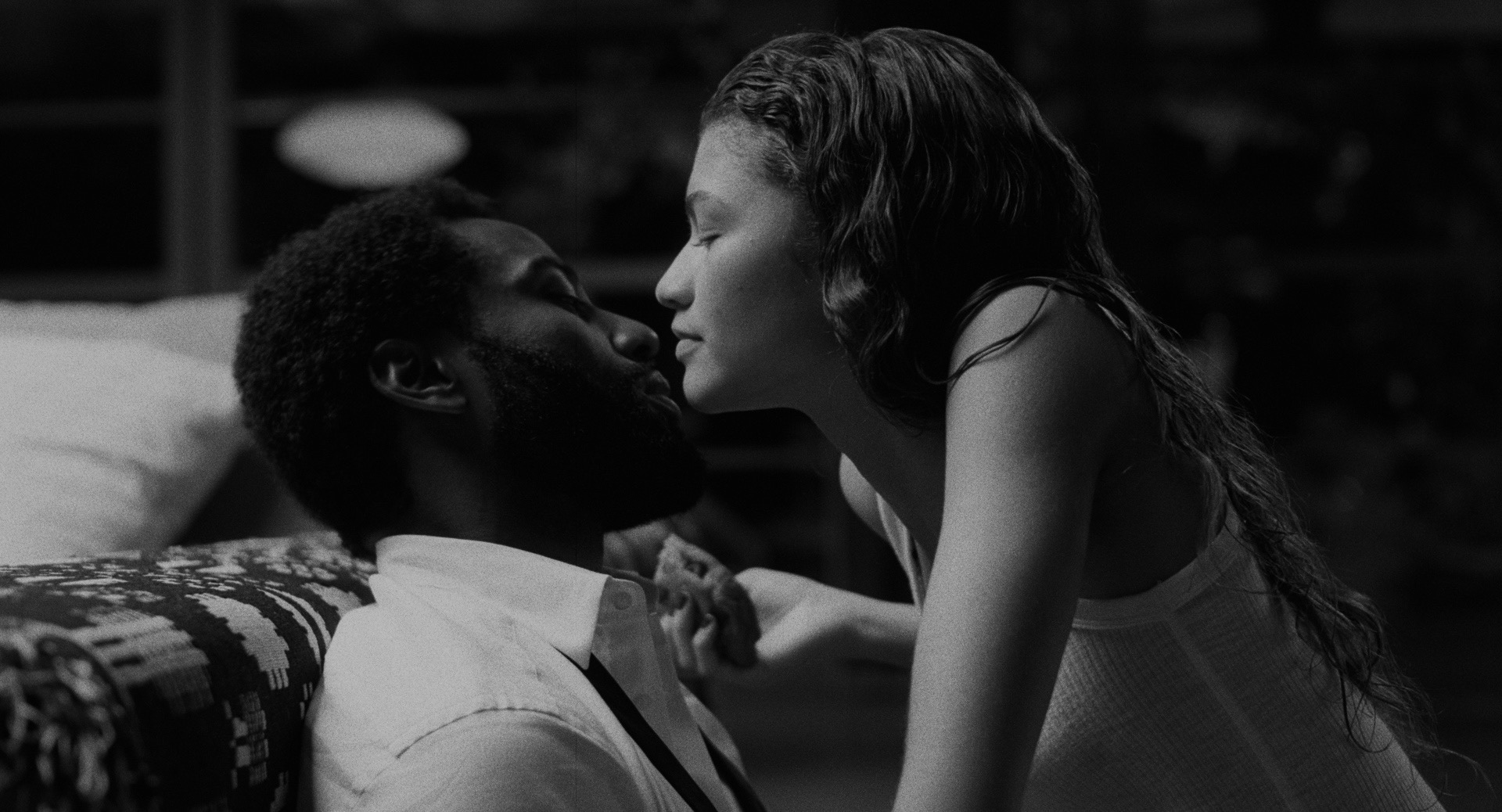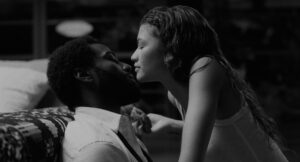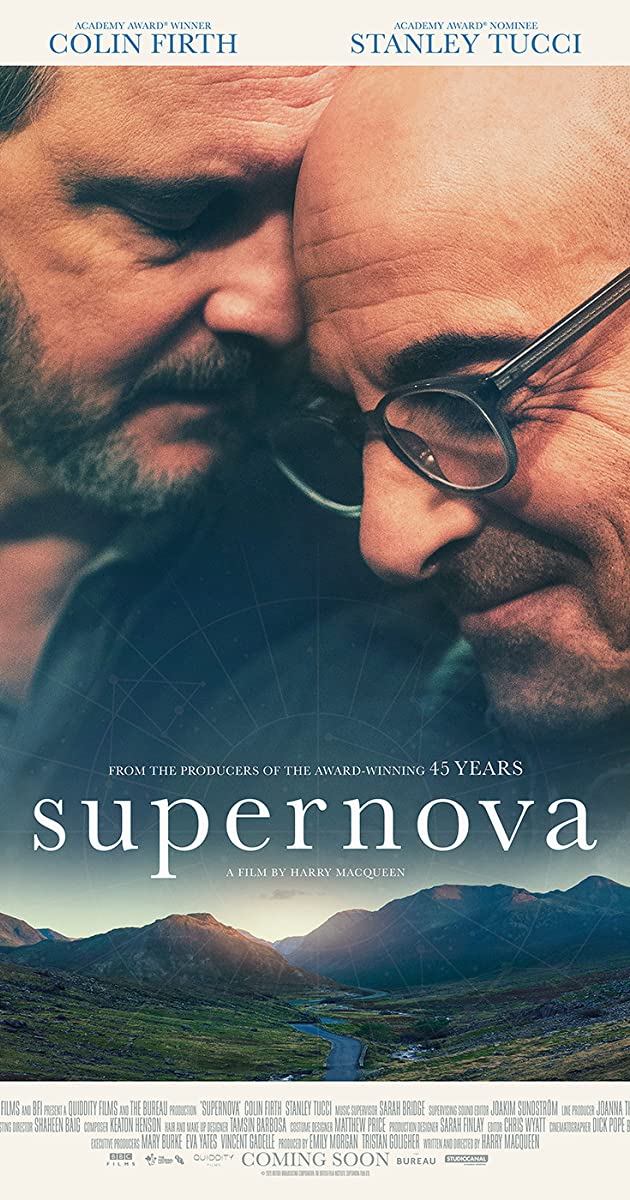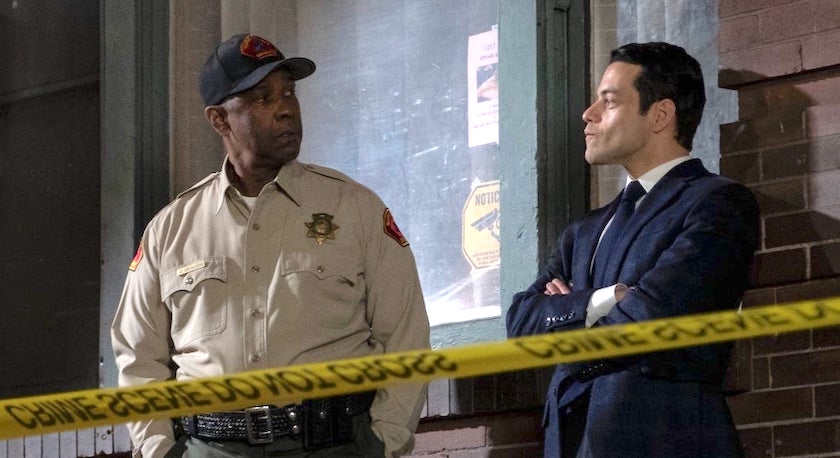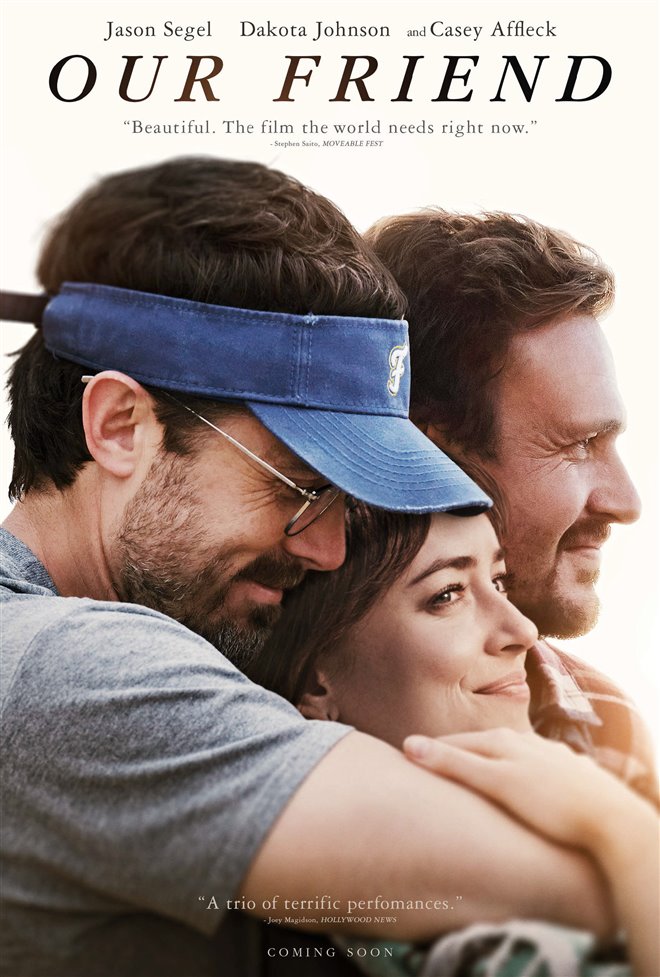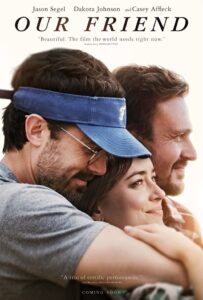The Right One
Posted on February 4, 2021 at 5:38 pm
B-| Lowest Recommended Age: | Mature High Schooler |
| MPAA Rating: | Rated R for language and sexual references |
| Profanity: | Very strong language |
| Alcohol/ Drugs: | Alcohol, drugs and drug dealing |
| Violence/ Scariness: | Reference to tragic death of a child, child abuse, mental illness |
| Diversity Issues: | None |
| Date Released to Theaters: | February 5, 2021 |

A short story by Kurt Vonnegut was turned into a television film for PBS starring Christopher Walken as a shy man who only came alive when he was assigned a part in a play. Susan Sarandon played a woman who fell in love with him and they ended up happily inhabiting roles that kept their relationship exciting. I thought of that when I watched “The Right One,” about a young writer who is drawn to a man who seems to have a dozen different personalities.
Godfrey (Nick Thune) does not conform to the expectations of Bob (David Koechner), an executive sent to improve productivity at his office. But before Bob can begin to express any concerns, Godfrey completely wins him over through a shared dedication to the 90s garage band Blues Traveler. Bob is utterly disarmed. And we soon see why Godfrey is far and away the most successful salesman in his office by far, so successful that everyone overlooks his strange looks and behavior. Just as he did with Bob, he is able to connect to people, even over the phone, finding some link to make them feel comfortable, understood, and open to buying something. We might think of it as code-switching, shifting frames of reference and modes of speech to fit the audience. But this is an extreme version, so extreme that the “real” Godfrey, if there is one, is invisible.
Sara (Cleopatra Coleman) is struggling with writer’s block. Her brash and outspoken agent, Kelly (Iliza Shlesinger) is pushing her to finish a book she has not even started. At an art gallery opening, Sara sees Godfrey in two different personas, and she is intrigued enough to start writing about a character based on him.
And so, she begins to hang out with him, seeing him as an EDM DJ and dancing the tango him. He avoids her at first, but begins to invite her to join him. He thinks they are starting a friendship. She thinks he is material for her book.
Godfrey’s brother Shad (standout M.J. Kokolis) warns Sara to stay away from him, but she ignores him. Finally, Shad tells her something of Godfrey’s background. And Godfrey finds out what Sara is doing.
The script is cluttered and inconsistent in tone and in the quality of the performances. Thune and Coleman do not have a lot of chemistry. It does not have the heft to support its more emotional beats. But like its main character, it has a rakish, if amateurish charm.
Parents should know that this film has very strong language, crude sexual humor, and references to child abuse and neglect, mental illness, and a tragic death.
Family discussion: Which personality is the “real” Godfrey? If you were going to create different personas, what would they be? Should Sara have told Godfrey what she was doing?
If you like this, try: “Benny and Joon” and Thune’s “Dave Made a Maze”


